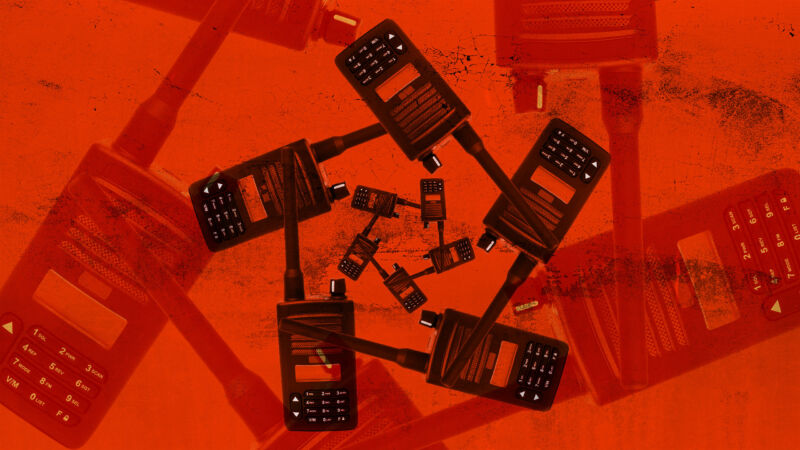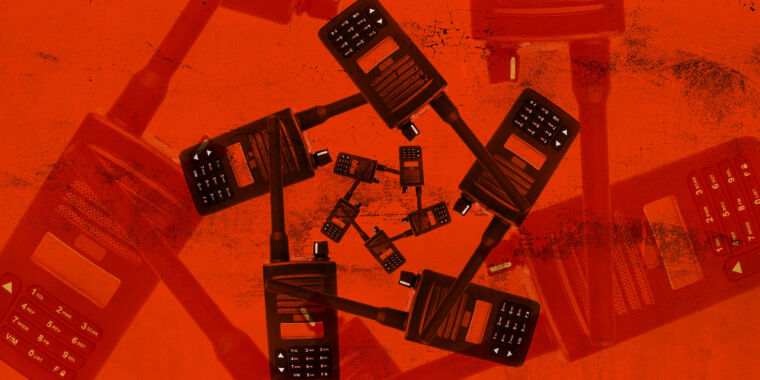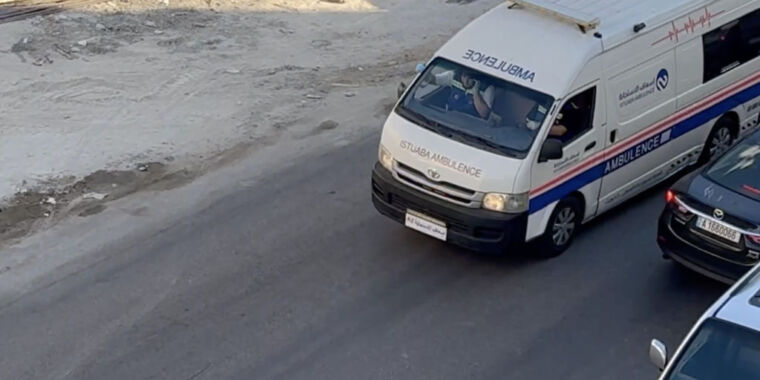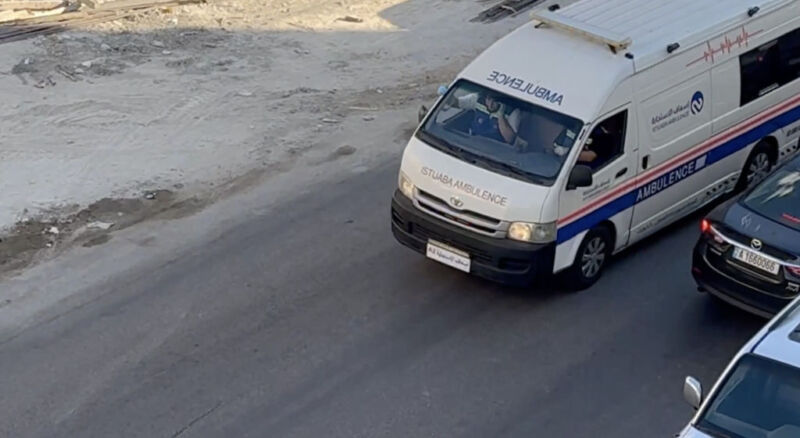14 dead as Hezbollah walkie-talkies explode in second, deadlier attack

Aurich Lawson | Getty Images
Wireless communication devices have exploded again today across Lebanon in a second attack even deadlier than yesterday’s explosion of thousands of Hezbollah pagers. According to Lebanon’s Ministry of Health, the new attack has killed at least 14 more people and injured more than 450.
Today’s attack targeted two-way radios (“walkie-talkies”) issued to Hezbollah members. The radios exploded in the middle of the day, with at least one going off during a funeral for people killed in yesterday’s pager attacks. A New York Times report on that funeral described the moment:
When the blast went off, a brief, eerie stillness descended on the crowd. Mourners looked at one another in disbelief. The religious chants being broadcast over a loudspeaker abruptly stopped.
Then panic set in. People started scrambling in the streets, hiding in the lobbies of nearby buildings, and shouting at one another, “Turn off your phone! Take out the battery!” Soon a voice on the loudspeaker at the funeral urged everyone to do the same…
One woman, Um Ibrahim, stopped a reporter in the middle of the confusion and begged to use the reporter’s cellphone to call her children. The woman dialed a number with her hands shaking, then screamed into the phone, “Turn off your phones now!”
The story appears to capture the current mood in Lebanon, where no one seems quite sure what will explode next. While today’s attack against walkie-talkies is well-attested, various unconfirmed reports suggest that people fear an explosion from just about anything with a battery.
At the time of publication, The Associated Press was currently leading its coverage of the attack with the line, “Walkie-talkies and solar equipment exploded in Beirut and multiple parts of Lebanon on Wednesday.” It later added that “a girl was hurt in the south when a solar energy system blew up, the state news agency reported.” Whether this actually happened, or if it was in any way connected with the attacks, remains unclear.
The Jerusalem Post rounded up a slew of rumors making the rounds in the region, some far less plausible than others:
Unofficial reports claimed that iPhones, video cameras, IC-V82 radios, and other devices also detonated.
According to unconfirmed reports, Hezbollah has told its operatives to distance itself from communication devices.
Unofficial reports also claimed that Hezbollah told its members to dispose of devices containing a lithium battery or that are connected to the internet.
Additional unconfirmed reports claimed that lithium batteries for solar energy storage had detonated and that some houses were on fire.
Yesterday, multiple news outlets reported that the pager attacks had been caused by explosives built into the devices, likely as part of an Israeli supply chain attack.
Today, similar reporting suggests the same kind of attack was used against the two-way radios. Axios cited two of its own sources who confirmed that the “walkie-talkies were booby-trapped in advance by Israeli intelligence services and then delivered to Hezbollah as part of the militia’s emergency communications system,” adding that “the decision to conduct the second attack was also driven by the assessment that Hezbollah’s investigation into the pager explosions would likely expose the security breach in the walkie-talkies.”
14 dead as Hezbollah walkie-talkies explode in second, deadlier attack Read More »


